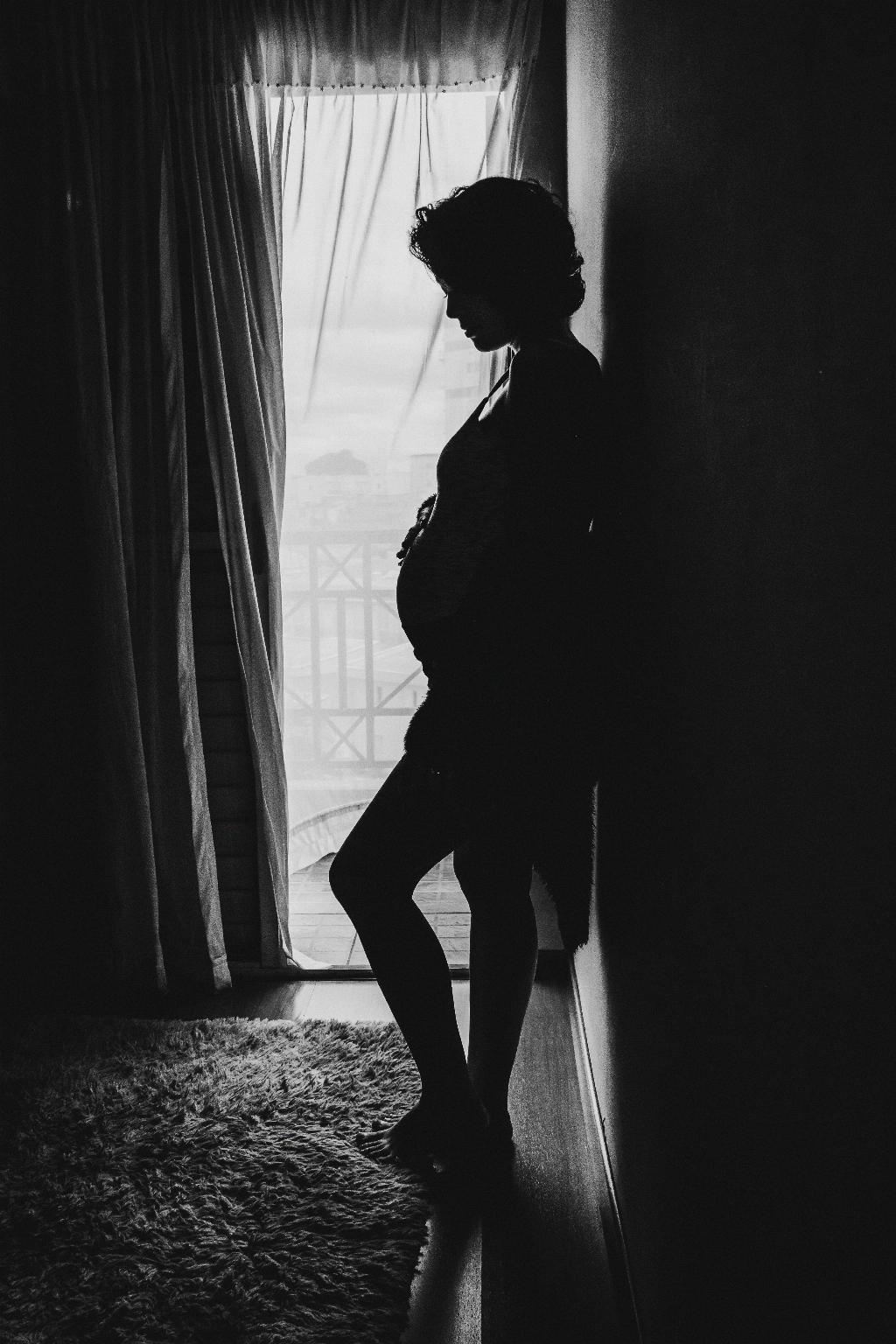When it comes to the accuracy of pregnancy tests after their expiration date, it’s essential to consider the key factors that could influence the results. Home pregnancy tests rely on the detection of human chorionic gonadotropin (hCG), the hormone produced during pregnancy. While expired tests might still contain the necessary chemicals for hCG detection, the effectiveness of these tests can diminish over time.
One crucial consideration is the sensitivity of the test kit. As pregnancy tests age, the components that detect hCG may degrade, leading to a decreased sensitivity in detecting lower levels of the hormone. This decreased sensitivity can result in false negatives, where the test fails to detect a pregnancy even when hCG is present in the body.
Moreover, the expiration date on a pregnancy test serves as a guarantee of its effectiveness up to that point. Beyond the expiration date, the reliability of the test results may be compromised. Factors such as storage conditions, exposure to moisture or heat, and the quality of the materials used in the test can all impact the accuracy of the results post-expiration.
It’s important to note that while some expired pregnancy tests may still provide accurate results, there is a higher likelihood of obtaining false results with tests that are past their expiration date. False negatives can be particularly concerning for individuals who are actively trying to conceive and rely on the accuracy of the test results.
For individuals who have taken an expired pregnancy test and received a negative result, repeating the test with a new, unexpired test is recommended. This can help confirm the accuracy of the results and provide peace of mind regarding the outcome. Additionally, consulting with a healthcare provider can offer further guidance and support in understanding the reliability of the test results.
It’s crucial to follow the manufacturer’s instructions provided with the pregnancy test, including checking the expiration date before use. Using a test that is past its expiration date can introduce variables that may affect the reliability of the results, leading to potential confusion and uncertainty for individuals awaiting pregnancy confirmation.
While the expiration date serves as a general guideline for the effectiveness of the test, individual variations in storage conditions and handling can also impact the performance of the test post-expiration. Storing pregnancy tests in a cool, dry place and avoiding exposure to extreme temperatures can help preserve the integrity of the test components and maintain its accuracy.
Some individuals may wonder if there are ways to extend the usability of a pregnancy test beyond its expiration date. However, attempting to prolong the life of an expired test can introduce risks of obtaining inaccurate results, potentially leading to unnecessary stress and confusion. It is always advisable to use a current and unexpired test for reliable results.
Ultimately, the accuracy of a pregnancy test after its expiration date is uncertain and can vary depending on multiple factors. While some individuals may have successfully used expired tests with accurate results, the general recommendation is to prioritize the use of tests within their designated shelf life to ensure the highest likelihood of obtaining reliable results.
In conclusion, the accuracy of pregnancy tests after their expiration date may be compromised due to factors such as decreased sensitivity, chemical degradation, and storage considerations. To minimize the risk of false results and ensure the reliability of the test outcome, using tests within their expiration date range is advisable. Consulting with healthcare providers can offer additional support and guidance in interpreting test results and making informed decisions regarding pregnancy confirmation.

